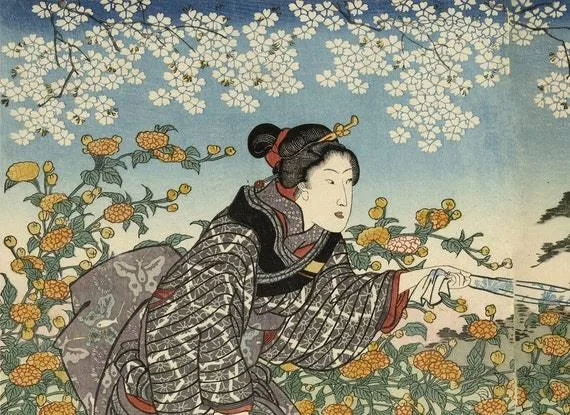Rabat – Life nowadays is a furious race against time, an attempt to pursue perfection, productivity, and success. Yet, beneath chaos and speed, there is a gentle desire to embrace imperfection, calmness, and purposeful growth. Japanese philosophies such as Wabi-Sabi, IKIGAI, and Kaizen are another way to enjoy life in harmony and purpose.
The philosophy behind slow living
Japanese philosophies are shaped by a blend between religion, art, and daily practices. They adopt a worldview of harmony, simplicity, and continuous growth, deeply rooted in ancient Japanese values. Shintoism (a religion emphasizing harmony), Buddhism (teaching mindfulness), and Confucianism (teaching discipline and ethics) are the most common Japanese ideologies which inspire and mould most of their philosophies.
Wabi-Sabi is a traditional Japanese philosophy that teaches embracing the beauty of imperfection, impermanence, and simplicity. It emphasizes the appreciation of things as they are, rather than as we want them to be. It stresses that nothing is perfect or complete — a reality that should be embraced. Wabi-Sabi promotes acceptance and mindfulness through highlighting the worthiness of imperfect and fleeting moments.
IKIGAI is another philosophy that translates to ‘the reason for being.’ It presents the balance between passion, vocation, mission and profession. It clarifies the purpose of life in four parts: what you love, what you are good at, what the world needs, and how you can make a living. IKIGAI aligns purpose, balance, and value with personal and professional success. This philosophy originated from Okinawan culture, where people are famous for their strong sense of purpose.
Kaizen is a belief that promotes contentious improvement and progress. It appreciates the small and consistent steps for a lasting transformation rather than delaying actions or sudden changes. This philosophy teaches discipline, patience, and learning from past experiences as well. It can be applied to many life aspects like work, relationships, and personal skills and habits. It began as a Japanese business philosophy, but then went beyond the corporate world to be a practice in everyday life.
Japanese philosophies provide timeless worldviews, embracing imperfection and emphasizing patience and growth.
















